Demei's View - Wine Communication from a Chinese Winemaker
For a very long time, I lived in a binary-thinking society where everything tended to be judged as either right or wrong (even until today). But my passion for wine brought me a much wider world—after all, wine isn't either red or white; it can also show an in-between pinkish colour.
Recently I had several fruitful discussions with my friends about the definition of science, non-science and pseudoscience. Fortunately, though I’m from a comparatively conservative-thinking environment, thanks to some knowledge and understanding of wine, I was able to understand such obscure discussions as this one. If wine hadn’t been the centre of the conversation, I wouldn’t have been able to join in, let alone express my own opinions. It was wine that gave me the courage to speak up.
The science and non-science in wine
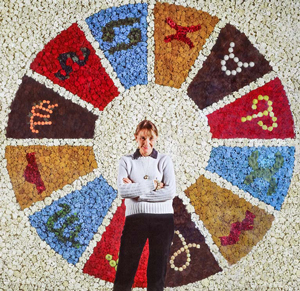
My thoughts on this topic were first triggered by encountering biodynamic winemaking. I'd heard about this method of winemaking long before I'd had the chance to see it myself more than ten years ago, when I visited Domaine Leroy in Burgundy. Although I had questions during the visit, I didn’t dare to ask them, since this is such a prestigious estate and I didn’t want to upset anyone. But five or six years later, when I was visiting some biodynamic wineries in the Loire Valley, more questions arose in my mind. Thankfully I stayed there long enough to have a discussion, and it was then that I started to notice some non-scientific elements in the world of wine.
If what we learn from universities—such as selecting pure cultured yeast, preventing the outburst of unwanted bacteria, controlling fermentation temperature and avoiding over-oxidation—can be described as scientific, then the theory of biodynamic winemaking should, fundamentally, fall into the realm of non-scientific.
I might have upset a few loyal supporters of biodynamic winemaking by saying this out loud. But hear me out. If you believe in the theories of biodynamic winemaking, you should have, more than anyone, an open mind towards various opinions.
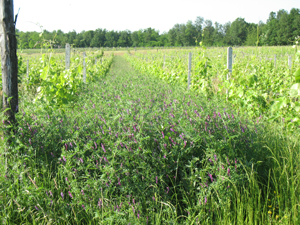
biodynamic vineyards
As a matter of fact, my understanding of biodynamic winemaking made me realise that non-scientific isn't a negative term at all.
It can indicate things in the same cultural system as science, but that don't use a scientific method as a basis for observation (like religion, philosophy and art), and things that exist in an entirely different cultural system from that of science, and that similarly don't use a scientific approach as a basis for observation (such as Taoism, Confucianism and traditional Chinese medicine).
Like scientific, non-scientific also has its place in human society. Currently science itself is not sufficient to explain all natural phenomena, it’s perfectly justifiable for people to sometimes turn to non-scientific perspective to observe the world.
Such understanding was formed when I was listening to a report presented by a Swiss researcher devoted to the study of biodynamic winemaking. During the Q&A session afterwards, someone asked, ‘will wines made using biodynamic methods achieve a better result in blind tasting?’
'There's no point comparing the blind tasting results of biodynamic wines to that of wines made from traditional methods,' I responded. A heated debate ensued. Unfortunately due to limited time and my own understanding on this matter, by then, I wasn’t able to clearly state my view during the discussion.
Wine is indeed a paradoxical natural substance, which is difficult to comprehend simply through a scientific perspective and method. For example, we know counterfeit wines are troubling consumers, especially those from immature markets. As a result some researchers are trying to invent a machine to identify the region, vintage and variety of a wine to authenticate its origin. This is a typical example of using science to explain a matter within the realm of non-science. For me, such research seems to be pointing in completely the wrong direction. Machines can indeed identify specific elements in wine, but the components in wine are in fact dynamic, and constantly evolving.
Fortunately, when the French first established the AOC system, technology wasn’t as developed as today, so they had no choice but to regulate wine production through process control. Eventually, this proved successful.
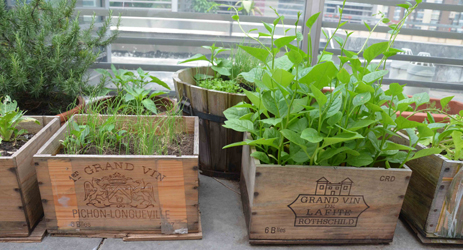
The science and pseudoscience in wine
When visiting wineries, I keep on overhearing intense discussions among their technical staff. ‘No that’s not true. I did an experiment and the result proves…’
Technical people are very serious about their opinions, so arguments are common - and experiments surely help us to comprehend the unknown, and are necessary when we are developing new techniques. However, when experimental results go against our common perceptions, people tend only to argue about the details of the results, while overlooking how these results were achieved.
Experiment is a scientific approach to observing the world, but it has to take place under certain conditions. Any ‘experiment’ that fails to eliminate all potential interfering factors is not trust-worthy, and any conclusions drawn from such an experiment are no longer scientific, but pseudoscientific.
If you look at the picture above and conclude that ‘vegetables grow better in First Growth wooden boxes than Second Growths boxes’, then you have a textbook example of pseudoscience.
Translated by Sylvia Wu / 吴嘉溦
All rights reserved by Future plc. No part of this publication may be reproduced, distributed or transmitted in any form or by any means without the prior written permission of Decanter.
Only Official Media Partners (see About us) of DecanterChina.com may republish part of the content from the site without prior permission under strict Terms & Conditions. Contact china@decanter.com to learn about how to become an Official Media Partner of DecanterChina.com.

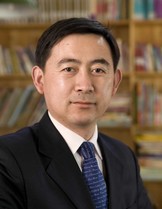
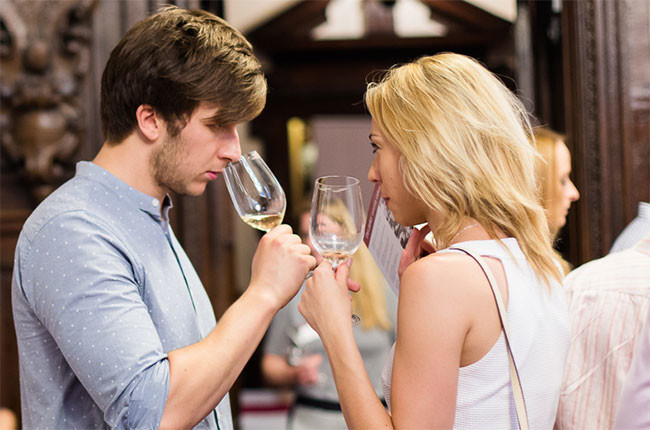
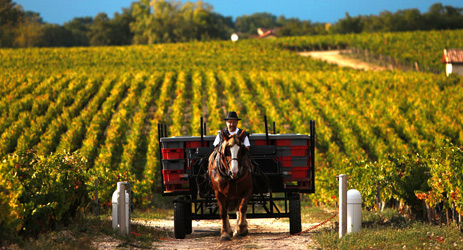
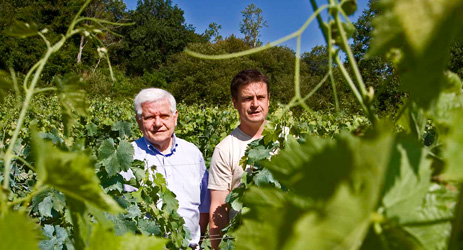
Comments
Submit